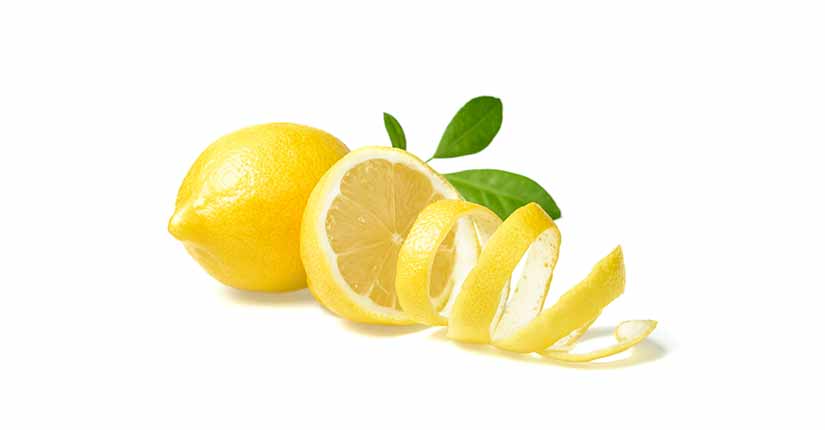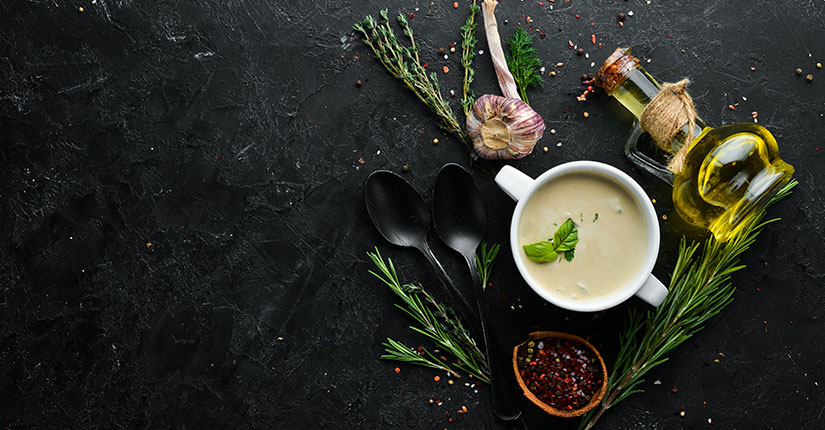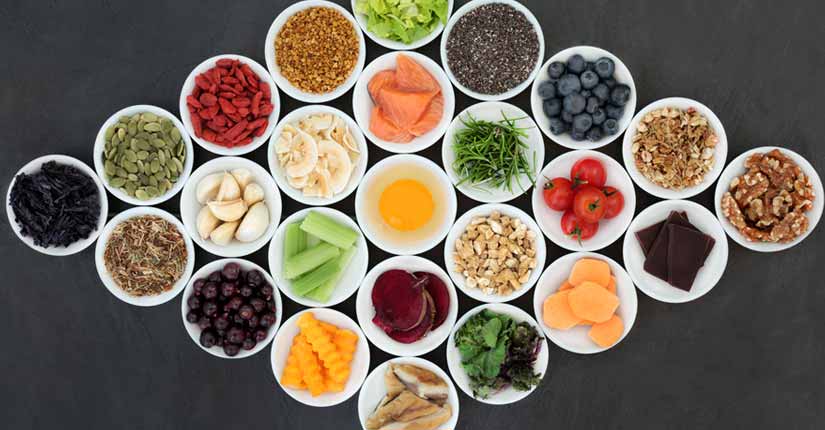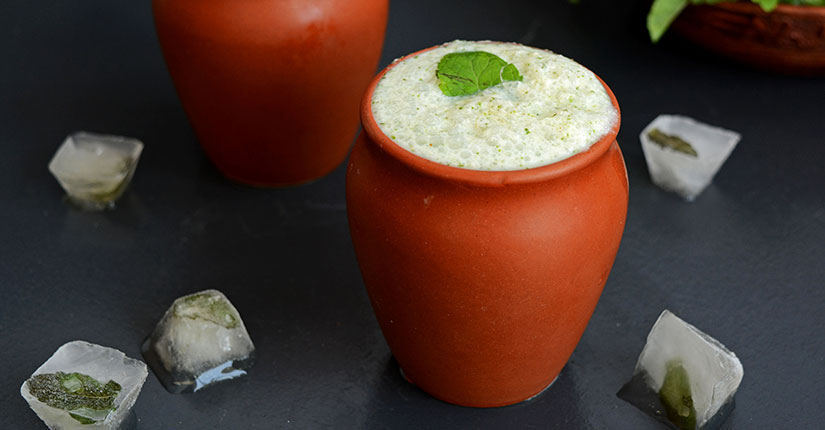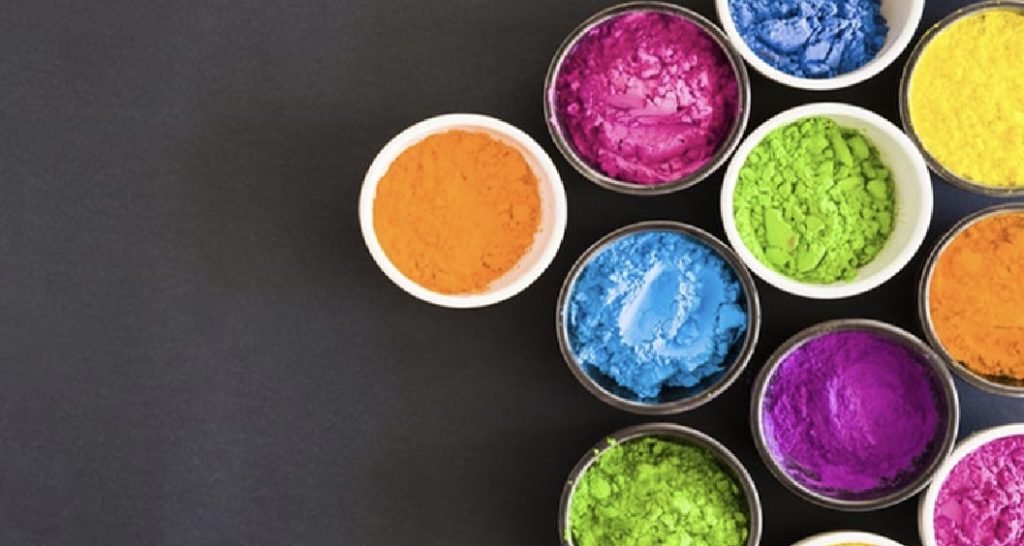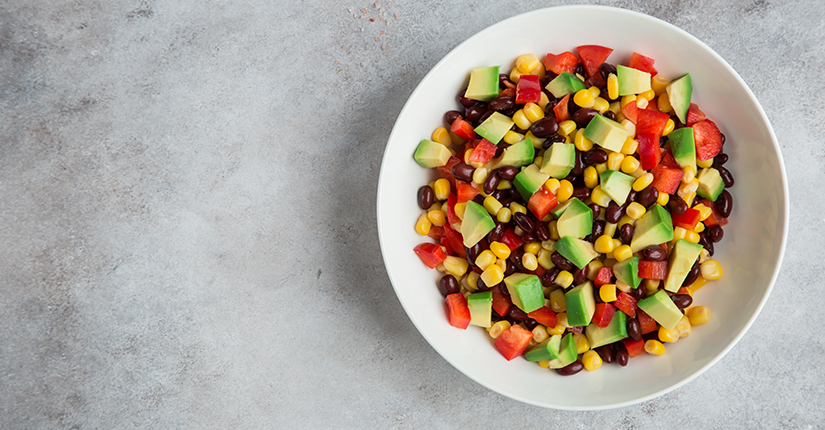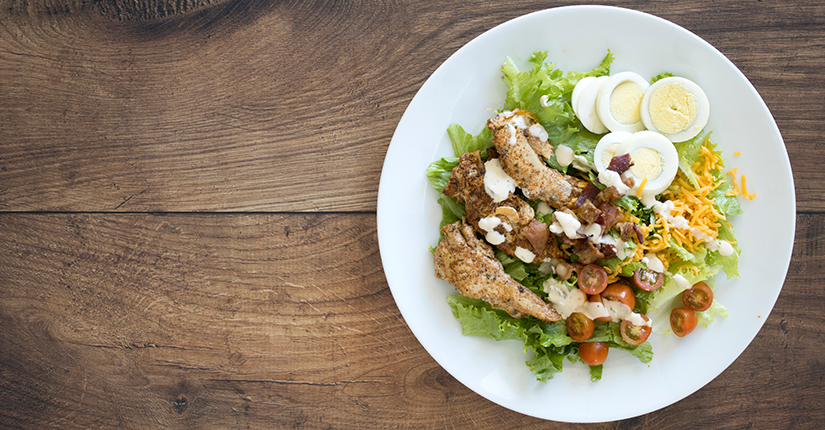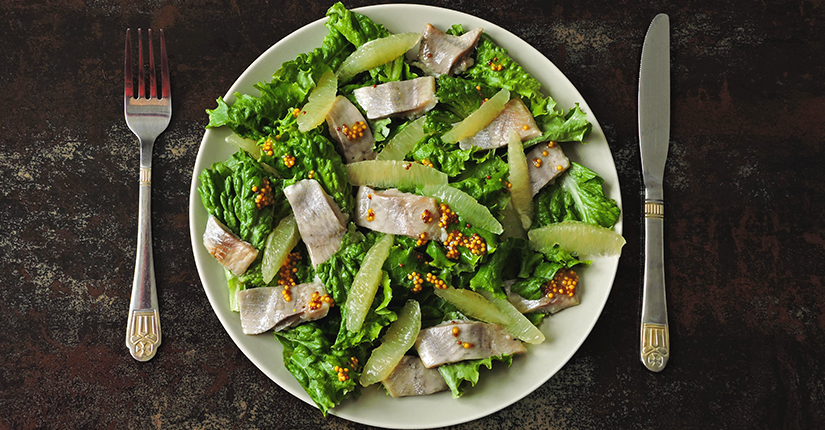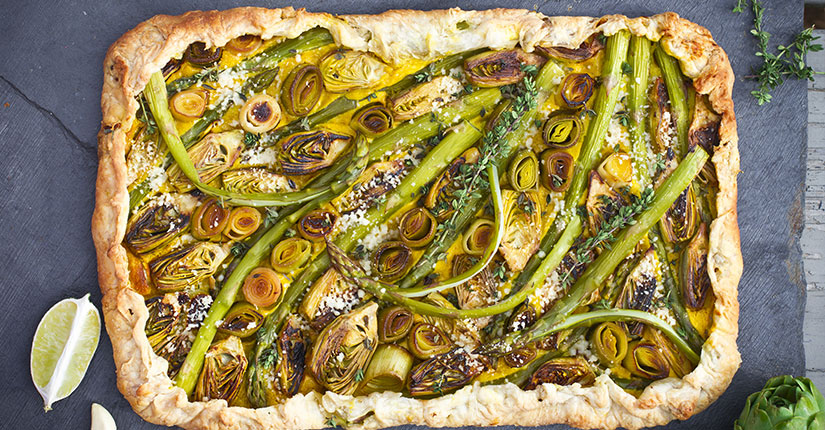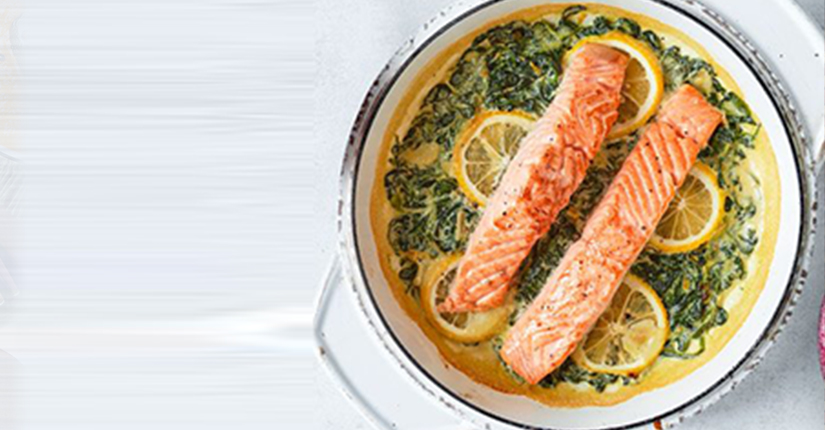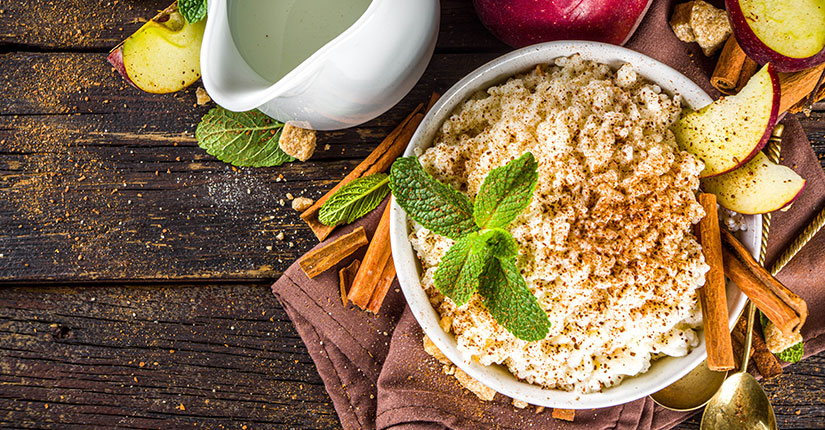10 ways on how to store food correctly
By Nmami Agarwal 03-Mar 2023 Reading Time: 6 Mins
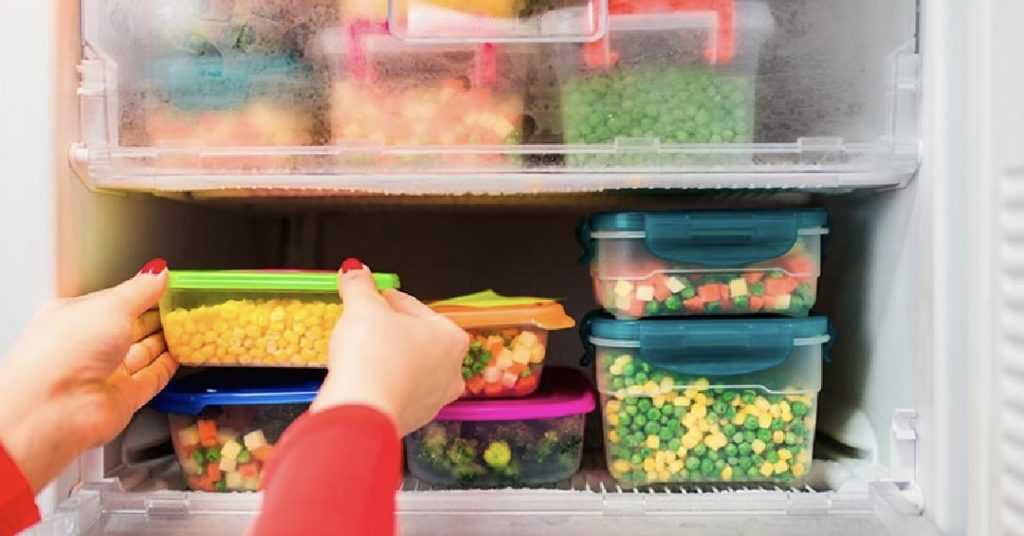
Food storage is an important aspect. It is not only responsible for the quality but is also responsible to minimize the nutrient loss.
The three main reason why food storage is an important aspect are –
- To minimize pathogenic bacteria – food in long-term storage is at serious risk of spoilage due to bacteria such as E. coli, Salmonella, and other pathogens. Bacteria only need warmth, moisture, and time to rapidly multiply in food, but food preservation inhibits one or more of these conditions and stops their growth. Proper food preservation can help retain the nutritional value of certain foods.
- To keep food at its best quality – food deteriorates over time due to spoilage. In many cases, mild spoilage doesn’t make food unsafe to eat, but it significantly affects its taste, texture, and appearance. Proper food preservation can help retain some of these qualities, as well as the nutritional value of certain foods.
- Economical – waste is costly, both at home and in a commercial setting. Ideally, one should avoid buying more than you can use, but various preservation methods – if done safely – help to keep vegetables, fruits, meat, etc. well past their usual expiration so as to avoid wastage.
In earlier times, when the refrigerators were not present, it used to be a challenge to store the perishables for a long time. People used to have underground storage rooms and baskets made from hay and coconut fiber to store food.
With few exceptions, nutrient levels and/or their bioavailability are reduced in foods following harvest, slaughter, or collection. Rate of these losses is usually attenuated by reducing temperature of storage/storing in underground cellars at low temperatures.
But with the invention of refrigerators, it has become easy to store and enjoy the food whenever we want. However if not taken proper precautions, certain bacteria/fungi can grow on the vegetables/fruits even under refrigeration and spoil them.
Also to remember to store the dry food and fresh food separately to prevent spoilage.
Here are 10 ways to store the food correctly –
- Green leafy vegetables – remember to cut the roots off before storing. Wrap them in a paper/tissue and store each of the greens separately.
- Other root vegetables – carrots, radish should be separated from their leaves and stored separately to increase the shelf life. Store in perforated packets to ensure proper air circulation and to avoid accumulation of moisture & fungal growth.
- Potatoes, onions, garlic and tomatoes – do not need refrigeration. They can be stored in cool dry separate racks. Remember not to mix potatoes with onion/garlic while storing otherwise the ethylene gas released by them will cause potatoes to sprout.
- Avoid overloading the fridge or placing food in front of the cooling unit. Ensure there’s plenty of room between foods to allow air circulation.
- Different racks for different food storage in a refrigerator – Each component of a fridge has a different temperature and hence food should be stored accordingly. The below figure explains the different compartments and the foods that need to be stored to get maximum benefit.
- Store non-veg and cooked food separately in different racks to prevent cross contamination.
- Ensure that the refrigerator is cleaned at least once a week to prevent any odor and to prevent mold growth.
- For the grocery and dry ingredients like cereal grains, dals, etc, ensure that they are exposed to sun for a period of time and then stored in an airtight container. The sun exposure ensures – any extra moisture is dried and there are no insect pests in the grains that might decrease the shelf life.
- If you want to store seasonal produce like peas/carrot/mangoes – they can be dipped in hot water to stop the enzymatic reaction, dried, put in an airtight container and kept in the freezer. This process also limits the nutritional losses.
Using proper storage techniques, food wastage can be reduced and we can enjoy the food at its highest quality.

